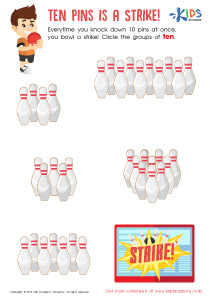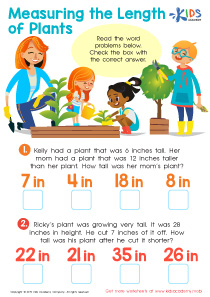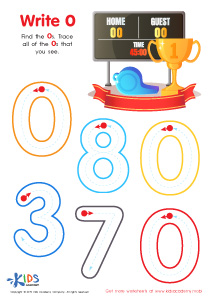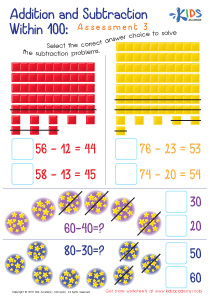Counting skills Easy Numbers up to 100 Worksheets for Ages 3-4
6 filtered results
-
From - To
Welcome to our "Counting Skills Easy Numbers up to 100 Worksheets" designed specifically for ages 3-4! These engaging and visually appealing worksheets provide a fun and interactive way to introduce young learners to counting and number recognition. Children will enjoy colorful activities that develop their counting skills while boosting their confidence in mathematics. With simple exercises focused on numbers up to 100, kids will practice one-to-one correspondence, counting objects, and connecting numbers with visuals. Perfect for home or classroom use, our worksheets are tailored to support early childhood learning through play and exploration. Start nurturing a love for math today!
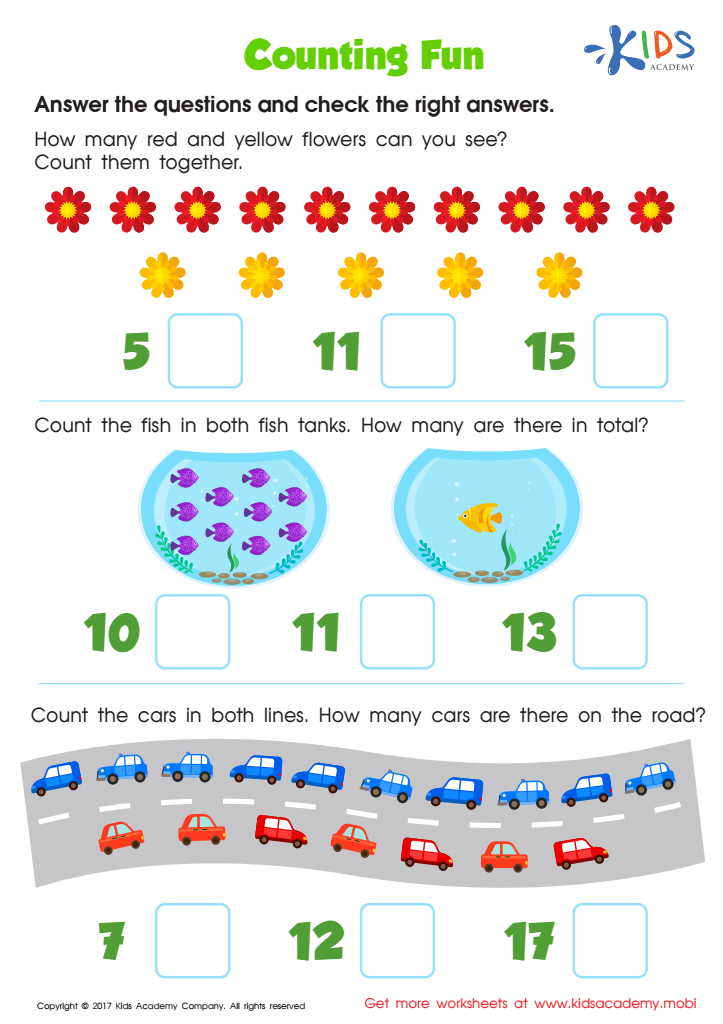

Counting Fun Worksheet
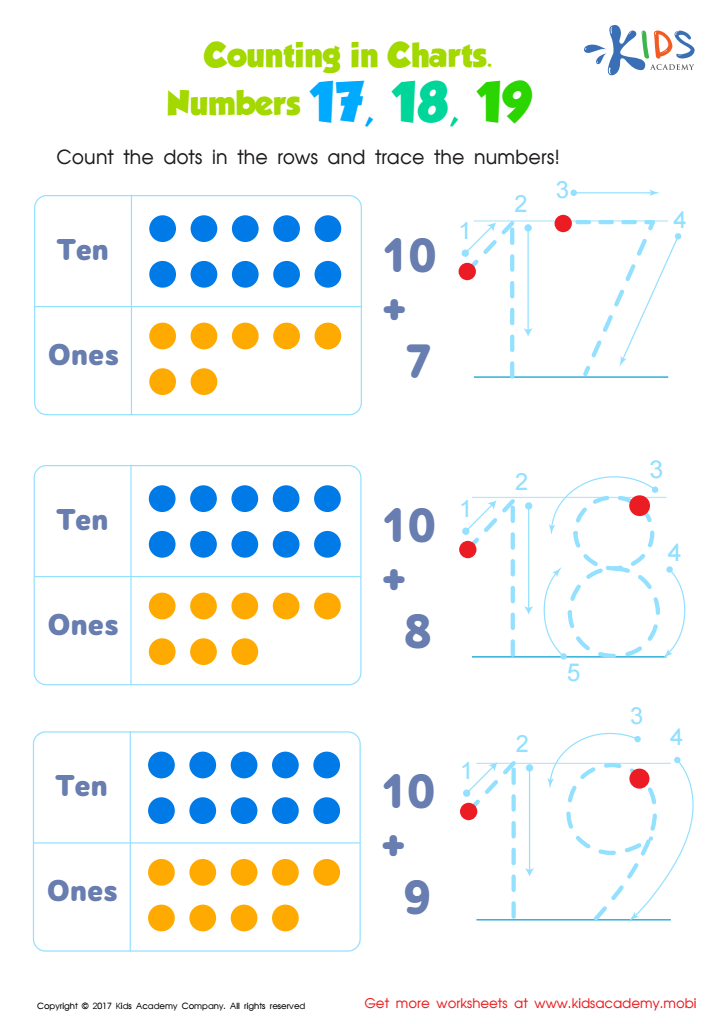

Kindergarten Number Tracing: Counting in Charts Worksheet
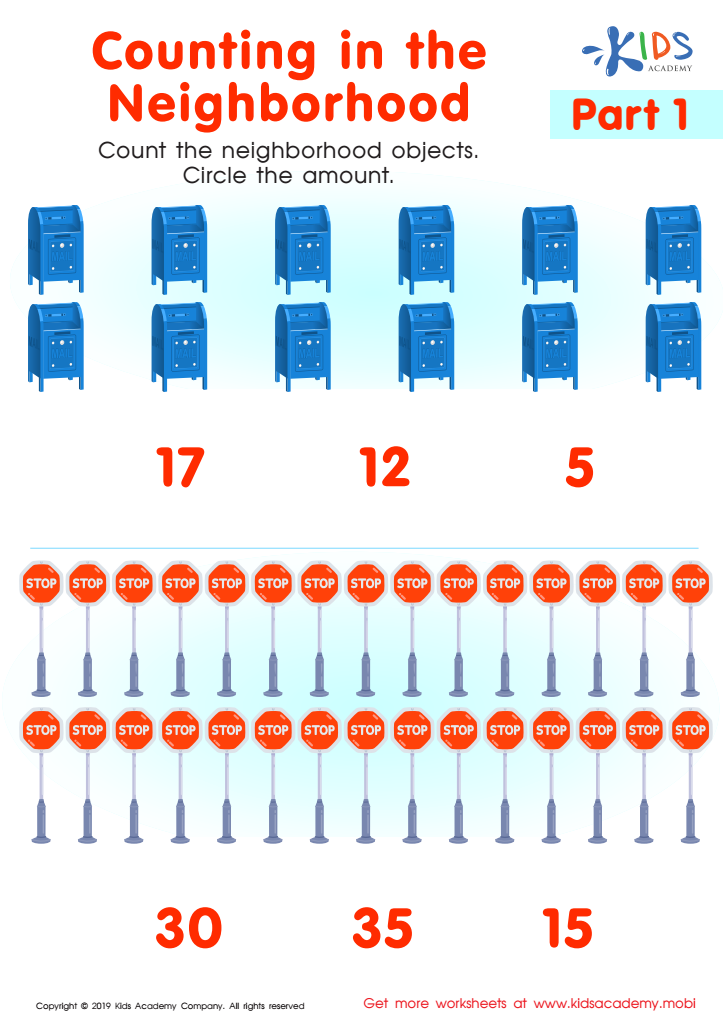

Counting in the Neighborhood Part1 Worksheet
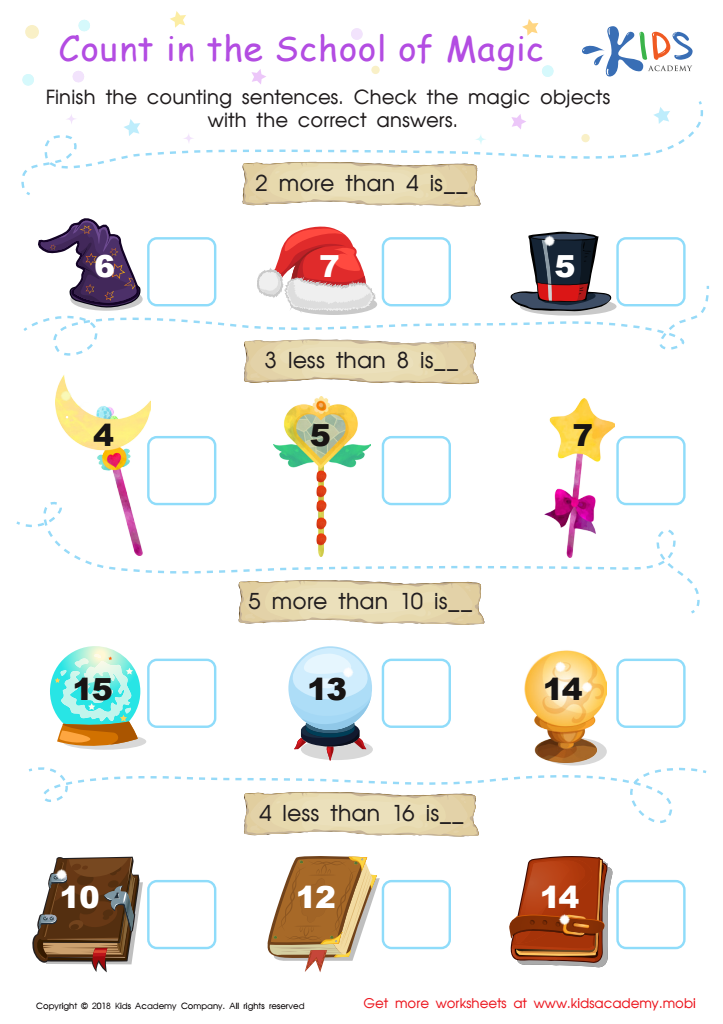

Count in the School of Magic Worksheet
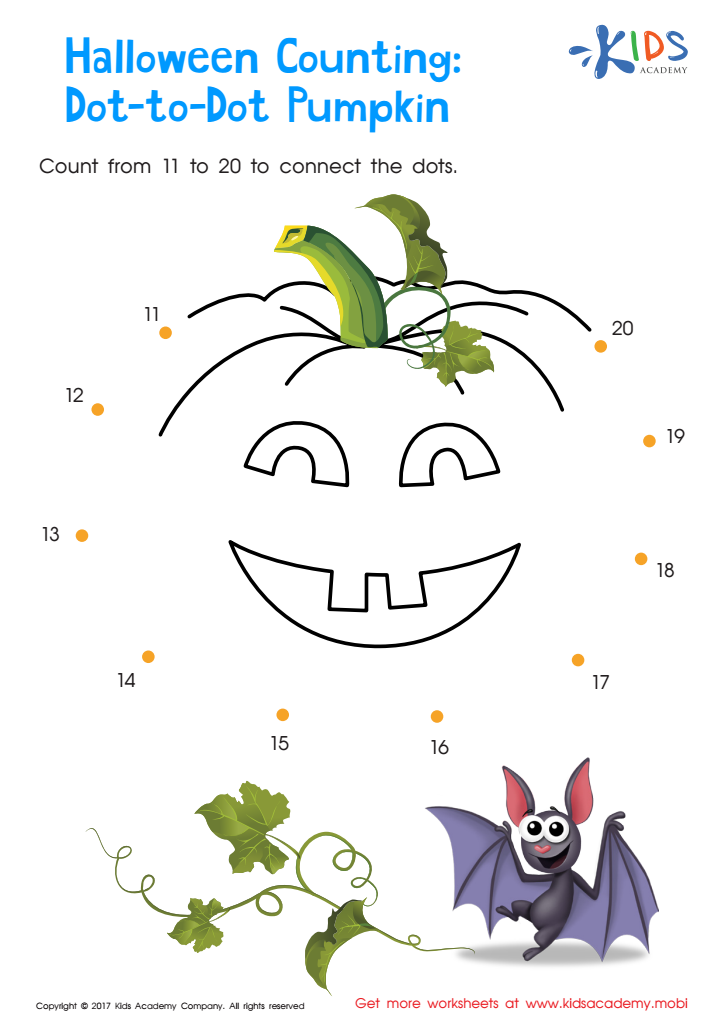

Ordering 11–20: Halloween Counting Worksheet
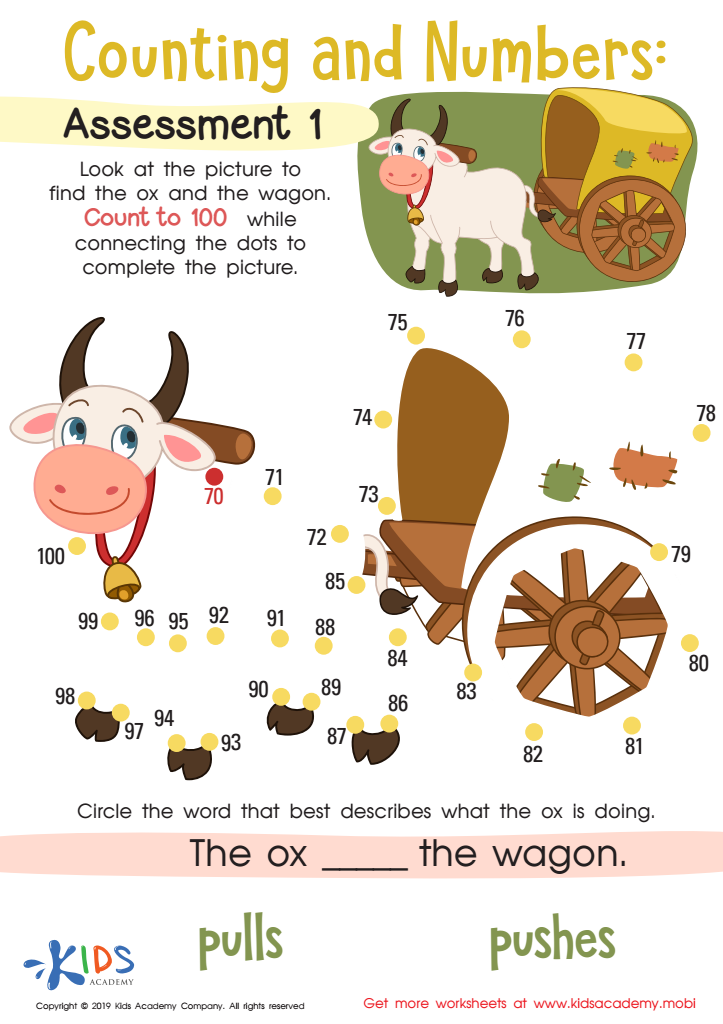

Counting and Numbers: Assessment 1 Worksheet
Counting skills are foundational for early childhood development, particularly for children aged 3-4. Mastering numbers up to 100 enhances cognitive abilities and lays the groundwork for future math skills. At this age, children are naturally curious and eager to learn, making it an ideal time to introduce counting.
Parents and teachers should care about these skills because early math knowledge fosters problem-solving abilities and critical thinking. Children learn to recognize patterns through counting, which translates into better analytical skills in later years. Moreover, counting aids in language development, as kids begin to associate numbers with quantities, reinforcing both numerical and vocabulary skills.
Additionally, engaging children in counting facilitates social interaction and emotional growth. Activities like counting objects during playtime can develop cooperative skills, encouraging teamwork and communication among peers. These foundational skills also contribute to a child’s confidence as they tackle new concepts in school.
Overall, promoting counting skills in young children nurtures not only their math capabilities but also critical life skills. By prioritizing counting practice, parents and teachers empower children with essential tools for future academic success, ensuring a positive trajectory in their educational journeys.
 Assign to My Students
Assign to My Students







